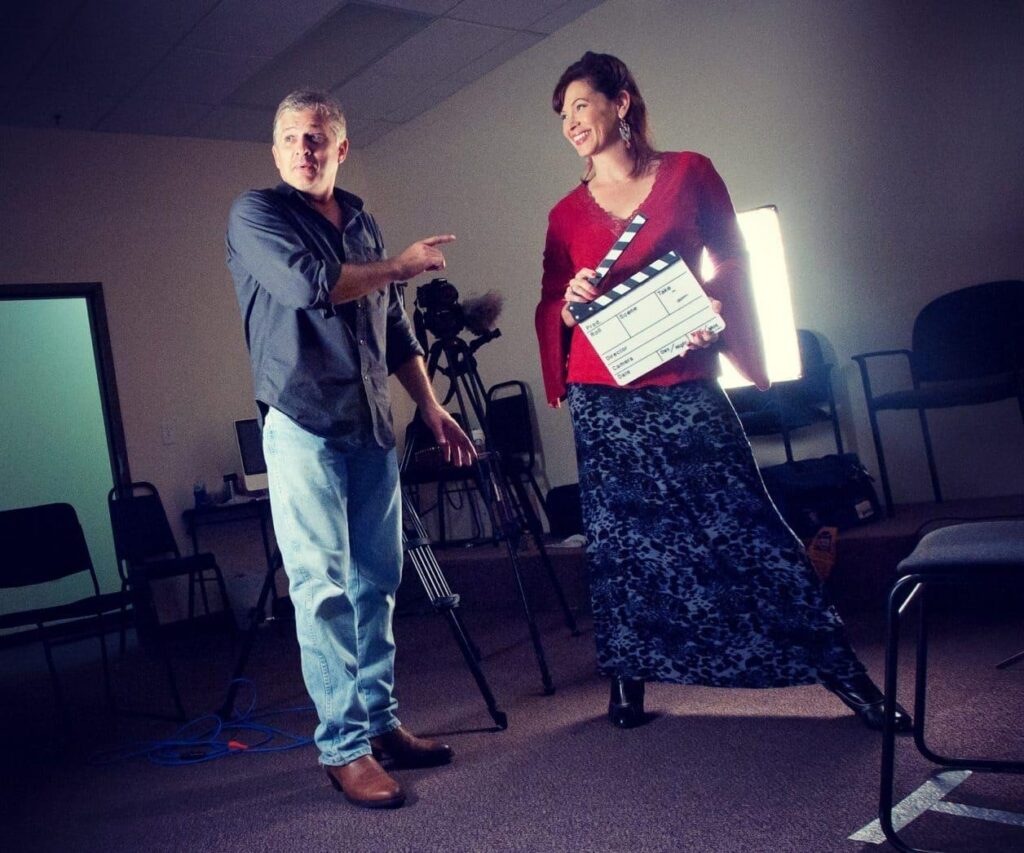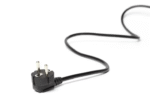What Makes Individual Counseling Effective In School Settings?

Individual counseling at schools helps students in important ways. It gives students a quiet space to communicate without fear of judgment, and it is typically more individualized and focused support than students receive in the classroom. Moreover, it offers time and one-on-one attention that students need to work through problems, big or small.
Whether they are learning to deal with feelings, cope with anxiety, or process issues of friendship, individual counseling allows students to work on real-world issues in an intimate and non-threatening setting. It builds trust between the student and counselor over time, which is the key to true change.
With sensitivity, consistency, and definite objectives, individual counseling can significantly enhance a student’s emotional and academic educational experience. This article explores what makes individual counseling effective in school settings and how it can support the unique needs of every child.
1. Building Trust and Connection
One of the significant aspects of individual counseling is establishing trust. Without trust, students won’t open up or feel encouraged. When a student trusts their counselor, all the rest falls into place. They begin to discuss and express themselves and their feelings, perhaps for the first time.
This feeling of being heard and understood is powerful. The counselor doesn’t judge. They show patience and empathy. A calm voice, a warm smile, and gentle encouragement help the student feel at ease.
With time, the safe space develops into a comfort zone. Trust increases with every session. The most shy students eventually begin to communicate openly. They discuss their fears, worries, or issues. And change starts with every tiny step. This relationship of trust forms the base for all the work in individual counseling. It’s where healing commences, and change is possible.
2. Goal-Focused Work
Another key to individual counseling in schools is clear goals. These goals give the student and the counselor something to work toward. They give structure to each session and guide the process.
Instead of wandering through conversations, the counselor and student can focus on small, achievable targets. These might be managing stress before a big test, staying calm in class, or finding ways to improve friendships.
A short-term approach works best in the school setting. Typically, meeting once a week for 4-8 sessions is enough to see real change. During this time, the counselor tracks progress step by step. If a goal is met, they celebrate the success.
If not, they adjust the plan. This focused approach keeps sessions clear and manageable. With each small win, students build confidence, and most importantly, they begin to believe that things can improve through individual counseling.
3. Regular Check‑Ins and Routine
Consistency is a big part of why individual counseling is effective in schools. It becomes a routine when students know they are going to their counselor every week.
So, this predictability makes them feel safe and supported. They know what to expect, which makes it easier for them to open up. With time, this becomes something they look forward to. It’s a stable moment to pause, reflect, and talk during their busy school day.
Counselors employ these weekly sessions as points of progress as well. The counselor takes quick notes for change and progress sought. A weekly check-in is always started at the beginning of the week. It allows the counselor to get an update on how the student is progressing or if the student has applied something new, perhaps a learned coping mechanism from the prior week’s lesson. Check-ins are quick but powerful. It keeps the discussion going and keeps individual counseling productive and focused.
4. Tailored Activities for Each Student
Every kid is different, so their counseling should be, too. What works for one kid may not work for another. Individual counseling shines when it includes activities tailored to each kid’s personality, interests, and age. These customized tools help kids connect to the process naturally and comfortably.
Some kids express themselves best through writing, so journals are a great fit. They can write about their feelings, worries, or wins and then discuss them with their counselor.
Others may learn better through hands-on strategies, and worksheets and games can be helpful for teaching skills like coping, problem-solving, or communicating. A short story can lead to meaningful conversations for kids who love to read. For creative kids, drawing or art activities can be a powerful outlet.
5. Monitoring Progress
Tracking matters to make individual counseling work. Counselors do this by collecting simple data during and between sessions. This might mean taking quick notes about the student’s mood, behavior, or strategies they’re using.
Pre- and post-session check-ins are tools that would show over time if progress is made. These small steps assist the progress in materializing, not just for the counselor but even for the students themselves.
When students accomplish their goals, counseling performs its task well. The counseling sessions can terminate at such a time, and the counselor can even follow up at intervals to ensure all is well. But if things aren’t improving, taking a different route is okay. That’s when a referral to outside help might be the best option.
Key Takeaway
When schools do individual counseling right, students win big. Trust, clear goals, routine, activities prepared in advance, teamwork, and monitoring progress pay off. Short-term help can bring long-term change.
Also, individual counseling shows students they matter. It helps them learn to tackle challenges and build resilience. Care and planning can open doors in a school.



























































































































































































































































































































































































































































































































































































































































































































































































































































































































































































































































































































































































































































































































































































































































































































































































































































































































































































































































































































































































































































































































































































